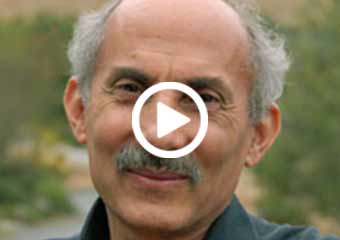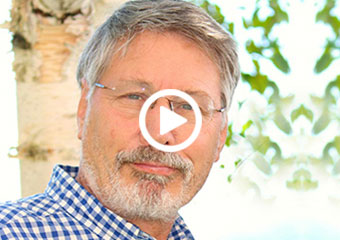When a person experiences significant loss, it’s natural to want to offer comfort and relieve their pain. But according to Jack Kornfield, PhD, it’s crucial not to rush past difficult emotions in the healing process. In fact, as Jack explains, it’s important to learn how to honor and acknowledge grief. Jack reveals more in the […]
The Impact of Mindfulness in the Lives of At-Risk Youth
Research is starting to show that mindfulness is impacting new populations. But can it help at-risk youth who are exposed to negative role models, experience unstable homes and are getting in trouble with the law? To look at this issue, Dr. Karen Bluth and her team of researchers from the University of North Carolina, Chapel […]
Three Ways Trauma Changes the Brain
The treatment of trauma can be some of the most complex work practitioners face. And for years, this challenge was complicated by not having a clear picture of the impact that trauma has on the brain. But scientific advances within just the past few years have opened the eyes of practitioners to what actually happens […]
Treating Severe Trauma in Iraq
Trauma doesn’t discriminate. It can affect anyone, anywhere throughout the world and, unfortunately . . . . . . not everyone has similar access to resources for treating trauma or PTSD. So, what can we do to reach survivors of trauma who have limited access to treatment options? Paul Bolton, MBBS and a team of […]
An Exercise to Boost the Brain’s Natural Anti-Anxiety Drug?
Is there an exercise that can boost feel-good chemicals in your brain while reducing anxiety and improving your mood? The answer is yes – it’s yoga. Now yoga isn’t the only exercise that’s been shown to be effective in reducing anxiety, but Chris Streeter, MD and her colleagues from the Boston University School of Medicine […]




